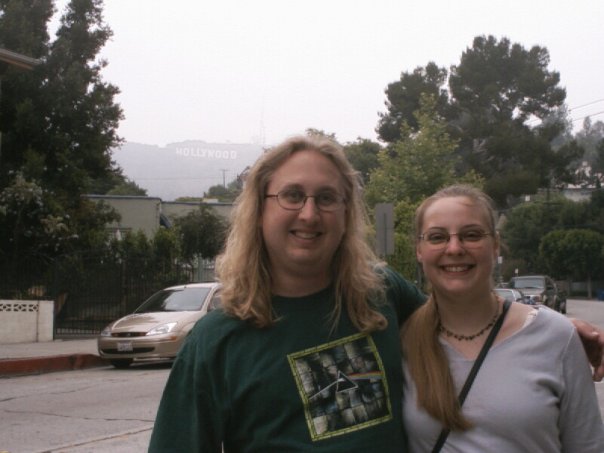bkd_guitarist
Inspired
The mathematics of dieting are simple. If you consume fewer calories than you burn, you will lose weight. If you consume more calories than you burn, you will gain weight. There is no diet that can avoid this fact. The trick is finding a diet and exercise combination that you can live with.
I believed this for a long time, but the experience of getting fit in my mid-40's has changed my mind. In my mid-30's I lost 63 lbs in 9 months on a ketogenic diet. I didn't exercise at all, but with focus and consistency on the nutrition side, the pounds fell off rapidly. Fast forward 10 years, I've added 20 of those lbs back on and it's time to so something. Except now it's a F**KING SIEGE. I monitor my calorie intake religiously, eat right (good proteins, healthy fats, no bad carbs), have a conservative deficit of at least 700 kcal/day, and train like an absolute madman (CrossFit 4-5x a week). I am losing maybe 2 lbs a month, and if I dare enjoy one alcoholic beverage or one small desert, that screws up the whole works and my weight loss efforts are shot for three days. And I've only managed to get this far because of testosterone therapy. For 6 months I was stuck with virtually no results - the T therapy has kick-started things.
I'm also experimenting with supplementation and soon to be intermittent fasting in an effort to get things on track. As previously stated, the human body is a complex machine and I've learned there's no simple answer, particularly as we get older.


